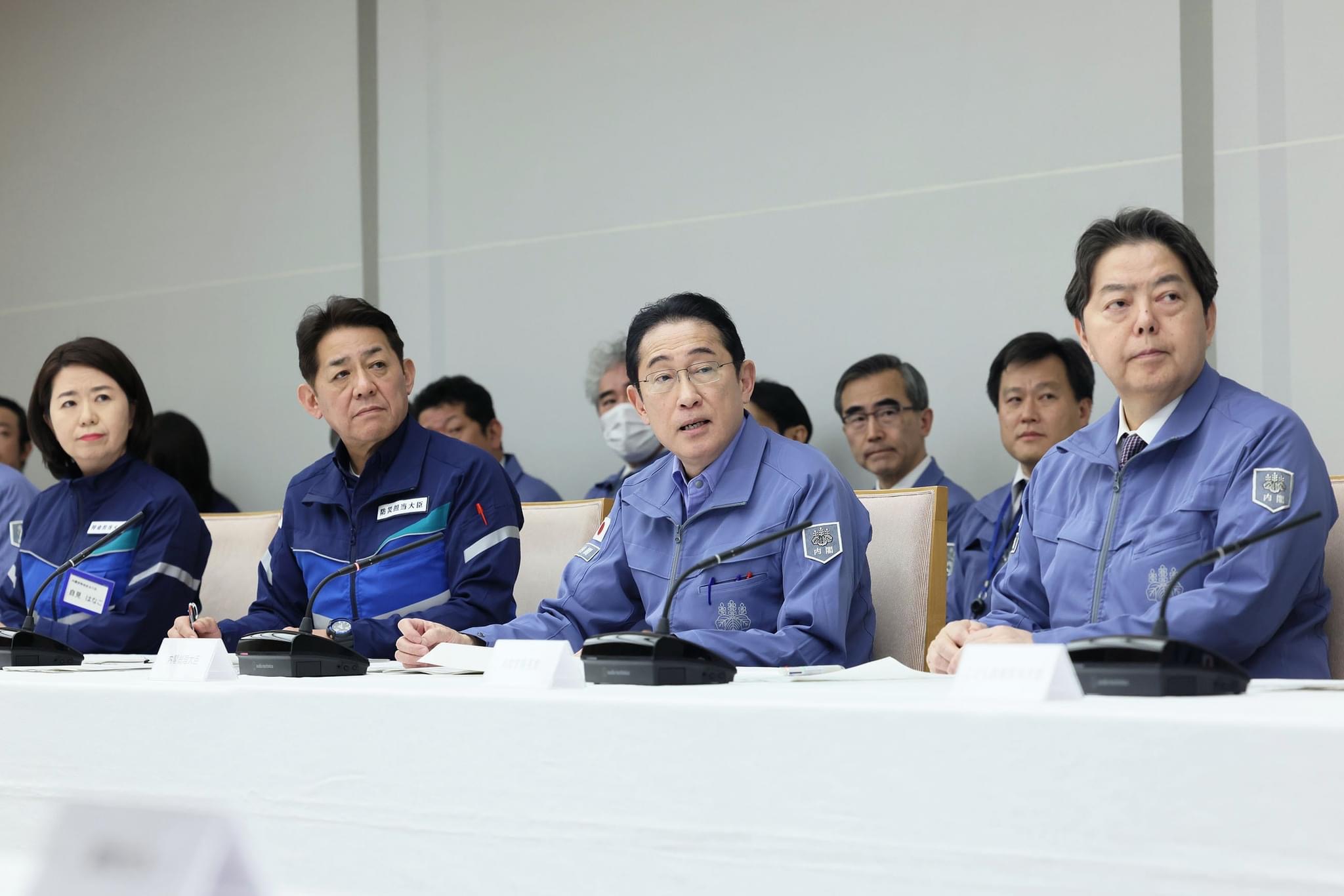
In Japan, there exists a unique tradition where leadership roles within the realms of business and politics are often passed down within families. This practice stands in contrast to the norms observed in other parts of the world, such as Europe.
This phenomenon is not limited to family businesses but extends to large corporations like Toyota and is deeply rooted in the political structure.
For instance, about 40% of the members of Japan’s ruling Liberal Democratic Party (LDP) are hereditary politicians. This percentage increases further when broader family connections are considered.
Many of Japan’s Prime Ministers, including current PM Fumio Kishida, former PM Shinzo Abe, and former PM Taro Aso, have been a part of this hereditary tradition.
Recently, PM Kishida’s son, Shota Kishida, faced controversies over using official vehicles for tourism and playing inside the official residence, reported as scandals by the media.
In my view, the specific incidents involving PM Kishida’s son are less critical.
What’s more concerning is the lack of societal challenge in Japan to the practice of inheriting positions of power.
This acceptance of hereditary succession in leadership roles may make it difficult for truly meritorious leaders to emerge in Japan.
#Leadership #Japan #JapanesePolitics #LiberalDemocraticParty #HereditaryPolitics #PoliticalDynamics #GlobalLeadership #Innovation #FumioKishida #ShinzoAbe #TaroAso #CorporateJapan #FamilyBusiness #LeadershipDiversity #SocietalChange #Governance #PoliticalDebate #TraditionVsInnovation
